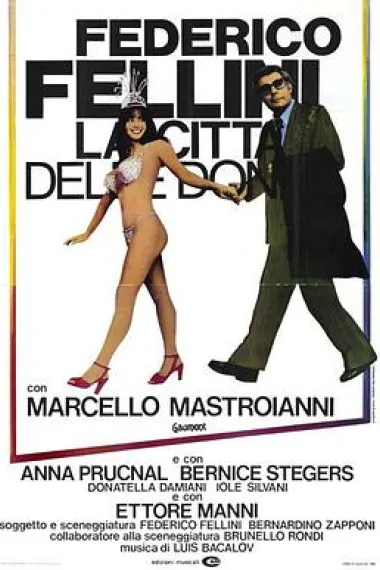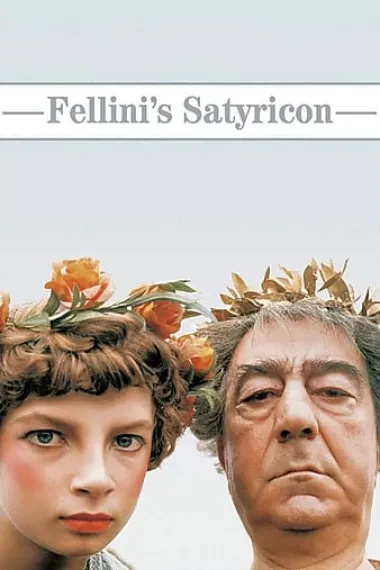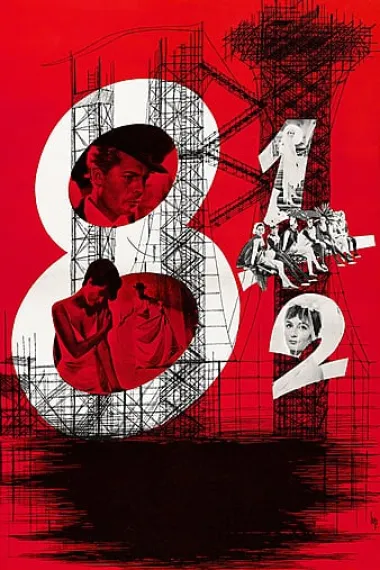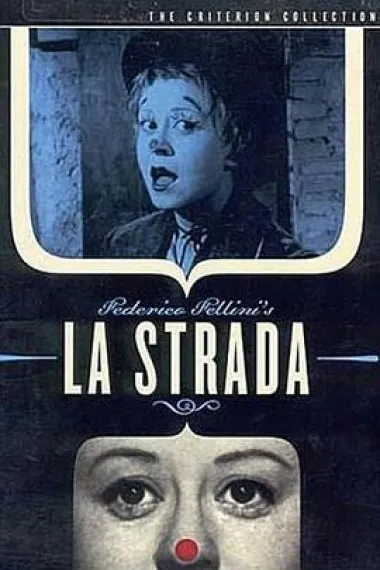
费德里科·费里尼 (1920) Federico Fellini
编剧 导演 副导演 演员 服装
The women who both attracted and frightened him and an Italy dominated
in his youth by Mussolini and Pope Pius XII - inspired the dreams that
Fellini started recording in notebooks in the 1960s. Life and dreams
were raw material for his films. His native Rimini and characters like
Saraghina (the devil herself said the priests who ran his school) - and
the Gambettola farmhouse of his paternal grandmother would be
remembered in several films. His traveling salesman father Urbano
Fellini showed up in La dolce vita (1960) and 8½ (1963). His mother Ida Barbiani was
from Rome and accompanied him there in 1939. He enrolled in the
University of Rome. Intrigued by the image of reporters in American
films, he tried out the real life role of journalist and caught the
attention of several editors with his caricatures and cartoons and then
started submitting articles. Several articles were recycled into a
radio series about newlyweds "Cico and Pallina". Pallina was played by
acting student Giulietta Masina, who became his real life wife from October 30,
1943, until his death half a century later. The young Fellini loved
vaudeville and was befriended in 1940 by leading comedian Aldo Fabrizi.
Roberto Rossellini wanted Fabrizi to play Don Pietro in Roma città aperta (1945) and made the
contact through Fellini. Fellini worked on that film's script and is on
the credits for Rosselini's Paisà (1946). On that film he wandered into the
editing room, started observing how Italian films were made (a lot like
the old silent films with an emphasis on visual effects, dialogue
dubbed in later). Fellini in his mid-20s had found his life's
work.



























